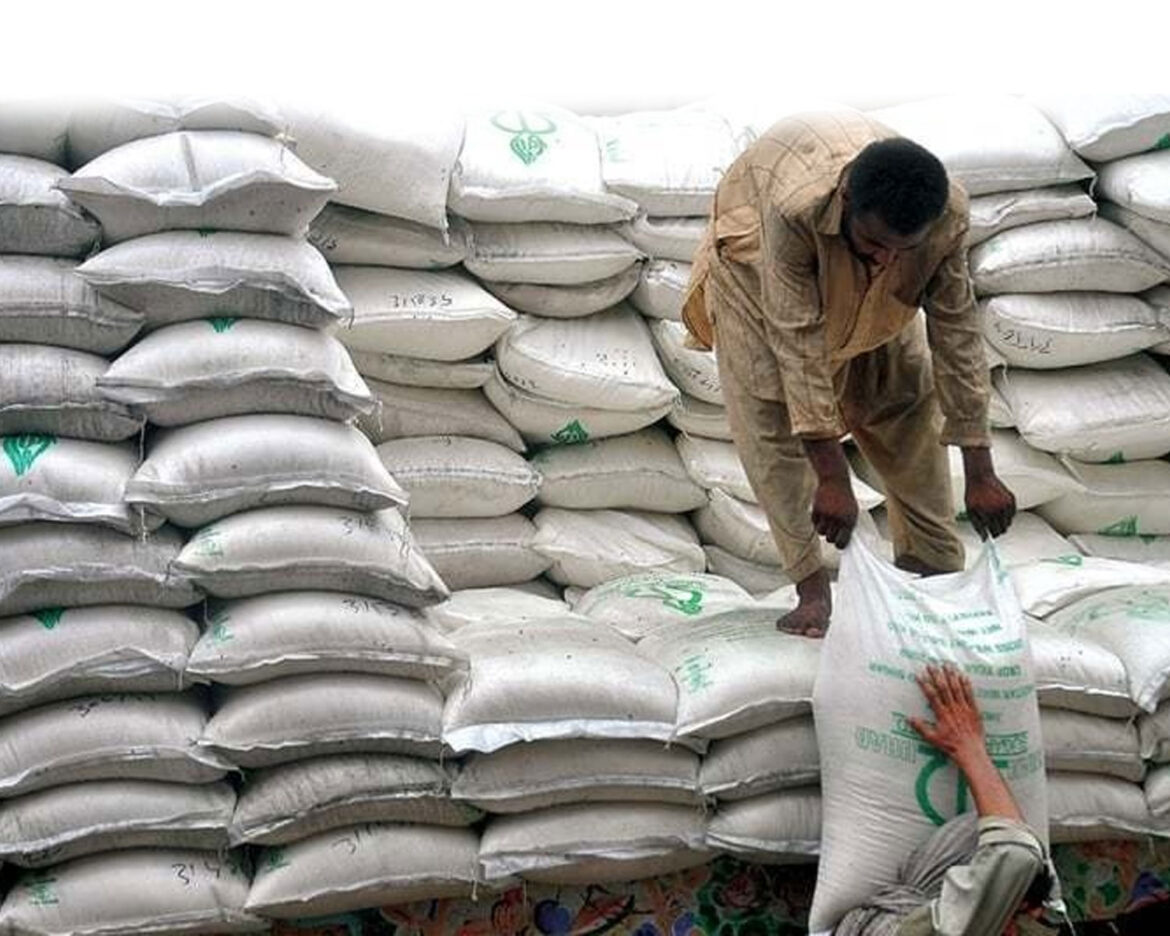In a historic turn of events, refined sugar prices have skyrocketed to levels higher than flour and milk for the first time in the country’s history, causing a heated blame-game between two major coalition partners of the former government, Pakistan Muslim League-Nawaz (PMLN), and Pakistan Peoples Party (PPP).
On Sunday, PMLN senior leader Ahsan Iqbal placed the blame squarely on former trade minister Naveed Qamar for the current sugar crisis, citing Qamar’s decision to allow sugar exports during the previous government’s tenure. Speaking on Geo News program ‘Naya Pakistan,’ Iqbal highlighted the uncertainty in the country, created by vested interests, and warned that if not managed properly, the sugar crisis could pose serious challenges for the caretaker government. He stressed the need to free the country from the influence of mafias to ensure progress.
Iqbal also emphasized that the trade ministry, under Naveed Qamar’s leadership, was responsible for the current sugar crisis and rising prices. He noted that the decision to export sugar was made by the commerce and trade ministry, which decided what commodities could be exported.
In response, PPP Sindh General Secretary Senator Waqar Mehdi countered Ahsan Iqbal’s accusations, asserting that key economic decisions were made by authorities associated with the PMLN, including the former federal finance minister and prime minister. Mehdi argued that if sugar prices were high, it was primarily a matter of inflation and that the PMLN should take responsibility for decisions made when they held key ministries in the previous government.
The ongoing sugar crisis has seen sugar prices surge, with some cities experiencing prices exceeding Rs200 per kilogram. Balochistan’s border areas with Afghanistan, such as Noshki, have seen sugar prices reach as high as Rs220 per kilogram. In other cities like Peshawar, Charsadda, and Quetta, sugar prices have also soared.
Meanwhile, flour prices have increased in some regions, while fresh milk prices range from Rs165 to Rs200 per liter across the country. Market insiders have expressed concerns that despite the government’s efforts to control sugar prices, they may continue to rise, in part due to sugar smuggling to Afghanistan and increases in petroleum prices leading to higher transportation costs.
This dramatic increase in sugar prices has led to a contentious blame-game between political parties, with each side attempting to shift responsibility for the crisis onto the other. The situation remains a significant concern for the public, as essential food items become increasingly unaffordable for many citizens.



